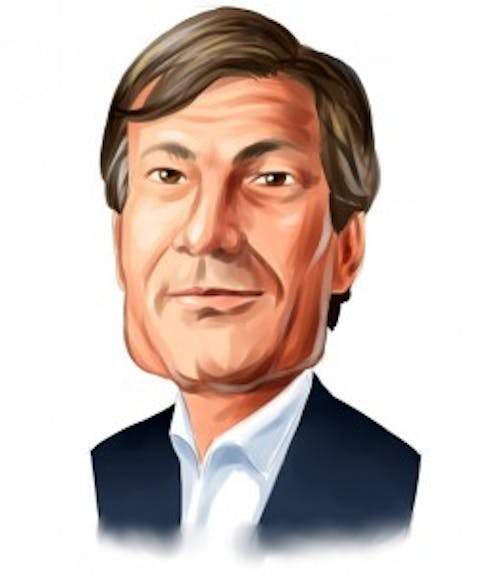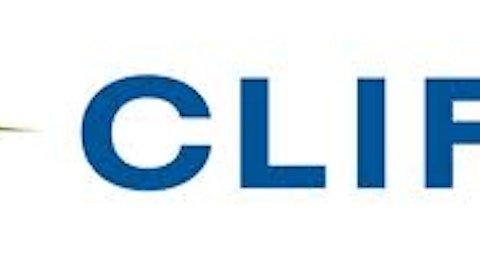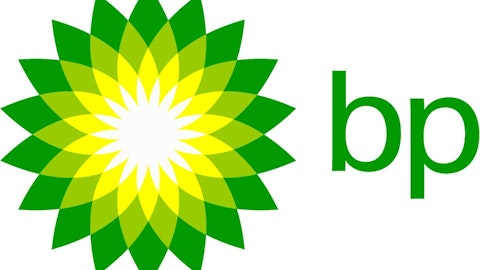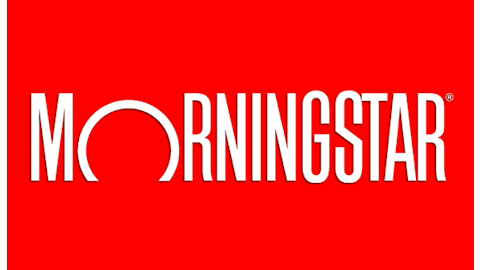
To paraphrase, Ubben sees Moody’s in the “fifth inning” of a nine-inning game, with more room to grow. At the IFK conference, Ubben noted that his firm currently owns about 8% of the credit rating company, which makes up around 9% of his firm’s 13F assets. What really intrigues Ubben is the fact that Moody’s is something of a software company. Although the rating company saw a lot of downward pressure due to criticisms of its ratings that it placed on various companies a few years ago, overall demand for debt ratings has risen of late. Given the economic uncertainty and skepticism by investors worldwide, more entities are looking to get their debt rated in an effort to be more attractive to financial markets.
Moody’s revenues are expected to grow 16% in 2012 and 8% in 2013 as the level of corporate debt issuances increase over the next couple years, led by historically low interest rates. A slowdown in any one country should have little impact on the credit rating company given its geographical diversification, where 45% of 3Q revenues came from overseas.
Two competitor rating agencies, although each has a slightly a different business model, are Dun & Bradstreet Corp (NYSE:DNB) and Equifax Inc. (NYSE:EFX). Dun & Bradstreet is expected to see sales decline in 2012 due to a slower than expected recovery in its North American business. Part of Dun & Bradstreet’s constraints include continued restrictions of corporate spending. Dun & Bradstreet’s investments in technology should help the company in the interim, as they focus on B2B online databases to help importers and exporters of specific products make better decisions.
Equifax should see 12% revenue growth in 2012 and high single-digit growth in 2013. What is driving this rater is the increasing demand for online consumer and mortgage information solutions. Equifax is ramping up investments internationally, entering the high growth market of India. Even with this, Equifax is expected to grow its five-year EPS at the lowest annual rate (11.7%) of the companies mentioned here.
Although less perfect comps, Morningstar, Inc. (NASDAQ:MORN) and Thomson Reuters Corporation (NYSE:TRI), both also offer various ratings services. Morningstar is the most expensive on a valuation basis, at 30x trailing earnings. This rater beat 3Q EPS estimates by 12%, but still trades high on a forward P/E basis at 26x. Thomson has the most impressive dividend of the five companies listed at 4.6%. For 2012, weakness in the financial services segment will hamper sales growth for Thomson, allowing the company to only grow at an expected low single-digit pace.
As of the end of June, Moody’s represented ValueAct’s fifth largest 2Q 13F holding. ValueAct owned over 17 million shares—making up over 9% of their 13F. Moody’s also had other big name funds as investors at the end of 2Q, including Warren Buffett, Jim Simons and Israel Englander. Check out all the funds owning Moody’s.
The credit rater has the highest profit margin at 25%, and we believe it is the best value. Moody’s is trading at 17x earnings, while the average of the peers listed is 22x. We agree with Ubben and believe Moody’s prospects are very promising; the company is expected to grow five-year EPS at annual rate of 15%.





